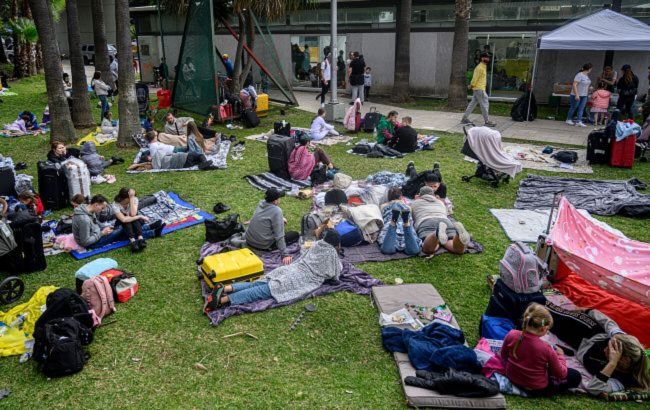Migrant arrests in US: 80 detained as raids intensify
 Photo: migrants in the US (Getty Images)
Photo: migrants in the US (Getty Images)
In Charlotte, North Carolina, a series of mass arrests was carried out by US immigration agents. Dozens of people were detained for violating immigration rules, according to a publication by Reuters.
Mass arrests in Charlotte
On 16 November, US federal agents arrested at least 81 people in Charlotte, North Carolina. The operation lasted about five hours on Saturday and was part of the administration’s broader mass deportation efforts.
Many of those detained had a "significant criminal and immigration history", said Gregory Bovino, head of immigration operations in Los Angeles and Chicago, who arrived in Charlotte for a week-long deployment.
Neither the border patrol nor ICE commented on the events. The Department of Homeland Security also did not provide an official statement.
Context of mass deportations
Mass deportations and strict immigration control measures have been a key element of the US president’s domestic policy.
Since Donald Trump took office in January, federal raids have targeted both cities with predominantly democratic electorates and more conservative rural areas.
These operations have repeatedly sparked large protests, as people have faced detention attempts even in cases where they stayed in the country legally.
Immigrant rights groups accuse the administration of unlawful detentions of law-abiding residents who were caught up in the raids.
Reaction of local authorities
Representatives of DHS explained that the raids in Charlotte were a response to the refusal of local officials to comply with around 1,400 detainer requests for suspects to remain in custody for up to 48 hours after release.
Charlotte mayor Vi Lyles and city commissioners urged residents to seek help from the Charlotte-Mecklenburg police department, which does not participate in federal operations.
US federal services in Charlotte carried out extensive raids in banking institutions aimed at tightening controls on illegal immigration, which caused concern among residents and intensified debate regarding security measures in the region.
The Colombian president has ordered a temporary suspension of intelligence sharing with the US, demanding an end to strikes by American forces on vessels in the Caribbean Sea, reflecting growing tension in bilateral relations.

